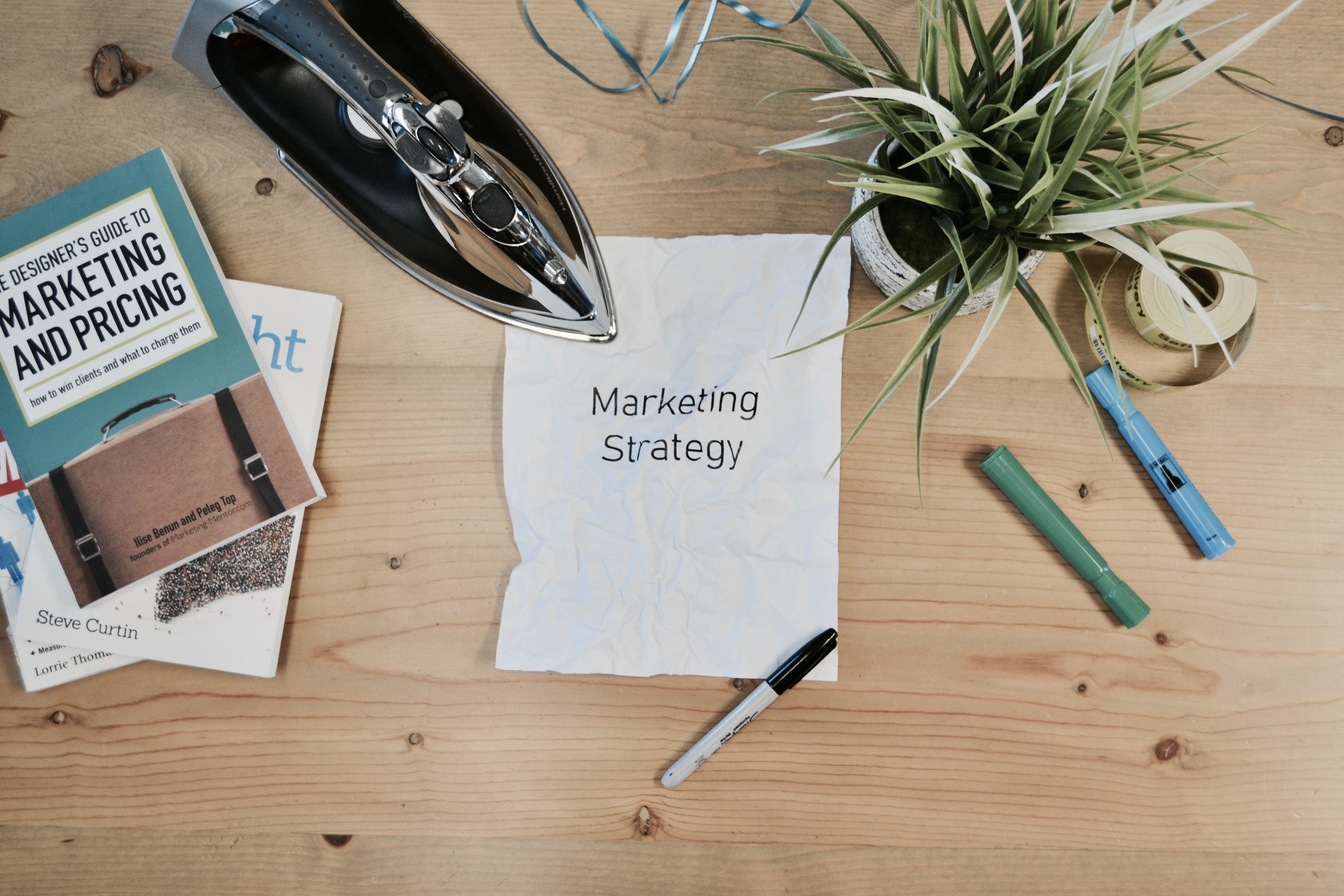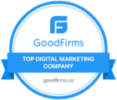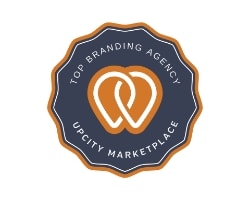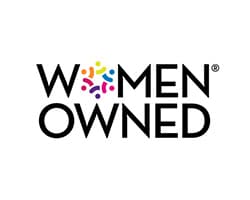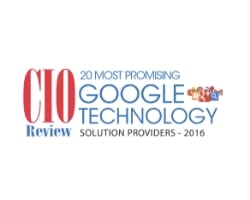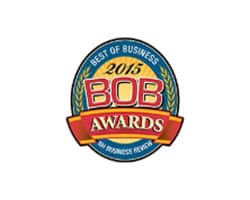The manufacturing industry may seem straightforward and mundane, when in reality it is one of the most important industries in maintaining global and local economies and the overall socio-economic functions in every community. As a core sector of the economy, manufacturers are tasked with finding ways to adapt and improve their business without getting lost among the countless marketing and advertising methods being used. The key to a successful manufacturing marketing plan is hiring a branding agency that is experienced, knows the latest trends in manufacturing marketing, and understands the ins and outs of the manufacturing industry as a whole. An experienced marketing company has a detailed understanding of the niche audiences that manufacturing businesses entertain, which is crucial because every type of manufacturer has a different, yet specific audience which is not always easily identifiable.
With this in mind, there are five hot trends in manufacturing marketing right now that have risen to popularity as a result of industry strains caused by the COVID-19 pandemic. These are the key sectors to keep a close eye on while marketing and advertising a manufacturing brand in order to maximize growth.
1. Product Experience Paired with Digital Components
As the pandemic has continued, companies across every industry have rushed to refine and perfect the digital components of their business to become more technologically advanced. With the inconsistencies in protocols for workplaces across the country, and even the globe, many manufacturers are having to think quickly and establish digital solutions to bridge the gaps caused by these discrepancies. When it comes to manufacturing marketing specifically, digitalization is key to maintaining and growing consumer communications. Technology lends the ability to establish a multitude of communication channels both internally and externally.
The possibilities of technology driven communication are endless:
- Directly connect customers with team members who are knowledgeable and able to provide customer service in real-time.
- Connect potential customers with clients who have been satisfied by the company’s service.
- Communicate goals and expectations among clients with ease.
- Communicate any protocols and updates which affect the customer, in real time.
Manufacturers that offer digital components to their products give the impression that their company is modernized and up to date with the latest technology, which is advantageous among consumers looking to buy the most advanced products on the market. Additionally, having a digital component allows for streamlined access to customer support and other resources, improving customer satisfaction by making the information they need readily accessible. Every manufacturing company will have varying goals and purposes for their digital components, which is why it is crucial to connect with a marketing and branding agency that is experienced in marketing for manufacturing companies specifically.
2. Personalize Your Manufacturing Brand
In the past few years, one of the values customers have continued to seek out in a manufacturing company is a meaningful connection, and that desire is only going to increase exponentially as 2022 continues. Although manufacturing operations are established with a specific product in mind, it is also important to make sure that your company is well versed in every aspect of production. Many consumers today are interested in more than just a product, they want a unique experience that leaves them feeling informed and involved in every step of the manufacturing process.
One of the core ways that a personal experience can be established through marketing for the manufacturing industry, is establishing a personalized platform that allows customers to relate to company representatives, as well as internal employee-to-employee communications. This strengthens pre-existing partnerships and attracts new clients.
According to Gartner, companies that opt for a “total experience [are expected] to outperform competitors across key satisfaction metrics over the next three years.” By fostering a “total experience” setting, customers feel supported along every step of the way. Manufacturing companies also benefit from these additional channels of communication which allows for faster problem-solving of obstacles along the way in order to achieve full customer satisfaction every time.
A few additional ways in which your manufacturing company can demonstrate their human side are:
- Promoting and writing content focusing on specific team members – staff bios, employee spotlights, and Q&A forums.
- Personalized email marketing communications that come from a human rather than a corporation.
- “Exclusive” opportunities to connect and learn more from employees directly.
When choosing a manufacturing partner, consumers often take the company’s personal connection into consideration. When you show your audience that you are more than just your products and operations, customers feel more comfortable engaging in business with your firm.
Through the integration of strong customer-first marketing strategies, manufacturing can start to feel more approachable to those who may have little to no experience in the industry. In turn, this increases the marketability of the company because they are making themselves more available to a wider audience.
3. Taking up an Initiative
Going into 2022, activism is a topic of conversation in every single industry, which is why one of the core ways to stir up customer engagement is by establishing initiatives and partnerships that do good. It is a known fact that people like to feel that their choices have a positive impact, so aligning your company with a specific initiative widens your audience.
One of the best ways manufacturing companies can get involved is by working towards the sustainability initiative. According to the National Institute of Standards and Technology (U.S. Department of Commerce), 17% of emissions are emitted by the manufacturing industry, and this rate is expected to increase by 26% by 2050.
Some methods to lower your firm’s environmental impact include but are not limited to:
- Planet-friendly components and packaging that can be recycled after use.
- Sustainable manufacturing practices that focus on reducing the number of single-use materials involved in production.
- Reduction of manufacturing facility emissions and waste production by closely monitoring how much waste is generated, as well as how it is disposed of.
Once again, as many manufacturing companies are taking on this environmental sustainability identity, it is important to commission and collaborate with an experienced marketing agency that has the ability to set your company’s initiative apart from the rest and ensure that it stands out.
From a marketing standpoint, aligning your manufacturing company with an environmentally conscious initiative not only makes your company more marketable to a wider audience, but also paves the way for partnerships and jobs that you otherwise would not have been eligible for, such as clients who pride themselves on being “green,” or clients who are looking too support companies that have a cause. Every manufacturing company produces emissions, but not every company introduces measures to reduce them. By marketing your manufacturing firm as environmentally friendly, you will begin to see substantial growth within your brand.
4. Data Monetization
Aside from marketing strategies that target customer and audience engagement for 2022, the rush to become fully digitized will continue. With many day-to-day operations transitioning to digital platforms, manufacturing companies risk being overshadowed when it comes to audience reach. Data monetization is the process of obtaining data by using internal and indirect methods, and then using that data to increase financial profits, improve business performance, inform decisions, and improve overall company performance. This strategy is looking to be one of the most useful tools for monitoring trends in manufacturing marketing this year, and it can even be used to inform a multitude of decisions, such as company partnerships, products and services offered, and developing effective marketing strategies.
Some of the most common forms of data monetization include but are not limited to:
- Data sharing with business partners in order to foster a mutually beneficial working relationship.
- Data and information trading with other industries to foster cross-industry relationships.
- The selling of collected data to other businesses.
One of the key details of data monetization is that the benefits go both ways. Not only can a manufacturer’s own gathered data serve as an asset for their company, but it can also be used to leverage new or supporting data from other manufacturers, and it can also stimulate company expansion. Data monetization can also be used to inform development of new services within the existing scope and can also be used as reference and support when expanding into newer manufacturing sectors. Data monetization will be an incredibly popular tactic to use within manufacturing marketing in 2022, because it is more important than ever to establish safety nets and alternative channels of operation in order to be proactive against external disruptions to the manufacturing process. Additionally, data monetization allows manufacturers to continuously supplement profits in the event of supply chain or resource shortages. Regardless of what form of data monetization you adopt, there are a multitude of ways in which your manufacturing company can benefit when trying to improve marketing efforts and stay on top of the latest trends in manufacturing marketing.
5. Simplification of Processes
The 2022 market will place a heavy emphasis on knowledge and transparency, with consumers who do not want any hidden factors present in their business. The manufacturing industry overall is very complex and daunting for outsiders. One of the key marketing tactics your firm can use to boost business is simplifying operations. This does not mean that you need to simplify the production process, but rather develop a new way to display and market operations which is understandable for all audiences. Although you are an expert in the field, many customers are not, and people are more likely to interact and bring business to your company when they feel informed and supported.
Some of the strategies you can use to simplify your brand for consumers include:
- Providing a breakdown of where materials and labor are coming from so that clients are involved in every aspect of the process.
- Highlighting a clear and direct supply chain so that clients fully understand the abilities and limitations of the overall experience.
- Publishing materials that show the day-to-day operations of your facility such as informative videos introducing what your manufacturing plant does, visuals throughout content of actual employees doing the actual work they do, in an effort to increase transparency.
By simplifying the daily operations for consumers, and showcasing it in a way that clients of all backgrounds can easily understand, you are able to market your brand with ease while increasing traffic because people know what they are getting into. By sharing display material and labor breakdowns, supply chain information, and even inside looks into your facilities, you are painting your company in a transparent light. Consumers get to avoid the extra effort of looking into the logistics and specifics of your company, which also allows them to make an informed, confident decision when doing business with you. Being able to market your manufacturing company as simplistic and transparent will drive business and, in turn, elevate your company overall by helping you stand out from competition.
How This Translates
These are the top five upcoming trends in manufacturing marketing for 2022, but there is a wealth of strategies to choose from when it comes to marketing your manufacturing brand. When you hire a marketing agency, it is important that you feel confident in their services and what they can do for you, and by educating yourself on some of the practices and strategies they use, you are setting yourself up to be able to better present the current condition of your brand as well as the goals you would like to set. Regardless of the starting point of your manufacturing firm, a marketing agency has the knowledge and resources to identify pain-points and the goals that will remedy them. Although some marketing efforts can be made internally, connecting with an expert – such as the Millennium Agency team – allows your manufacturing firm to grow, but also stand out from the competition in the field.
About Millennium Agency
Millennium Agency is a national, award-winning boutique branding, messaging, and strategy marketing firm for the B2B technology and manufacturing sectors. A top-led women-owned business, we take your brand and vision seriously and build a strategy that helps drive brand success. Our expert team unites creative branding, storytelling, and data analytics to accelerate your business growth. With offices in Boston and New Hampshire, and a worldwide presence, the professionals at Millennium Agency would like to learn more about your business and discuss how we can help exceed your goals.

